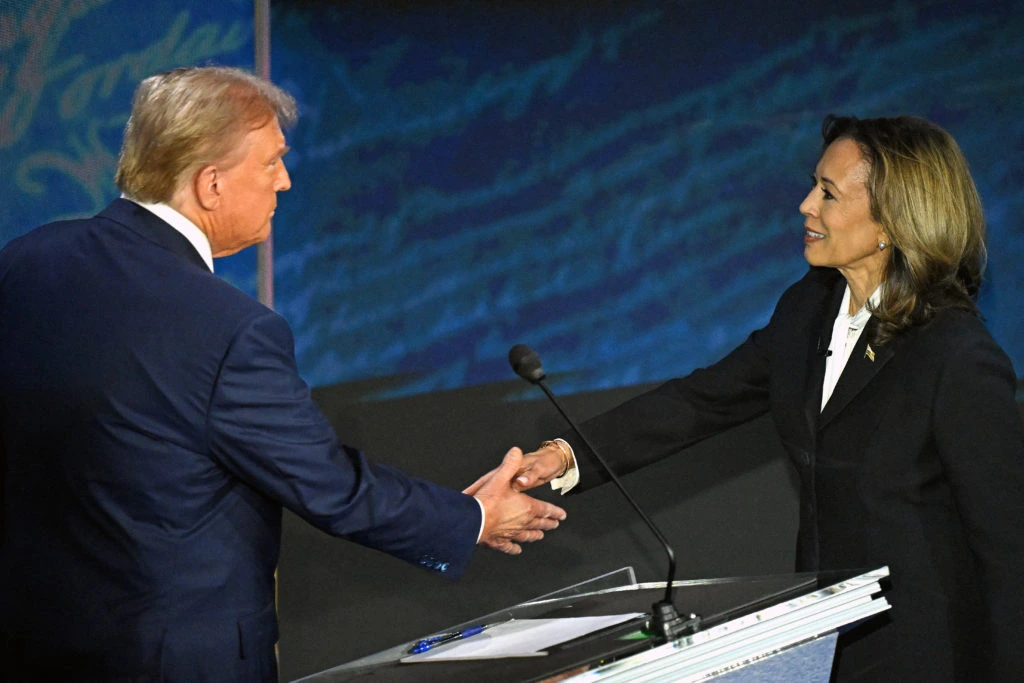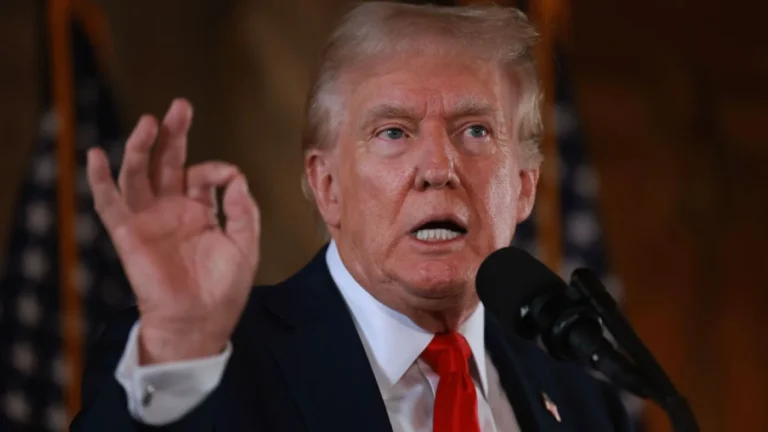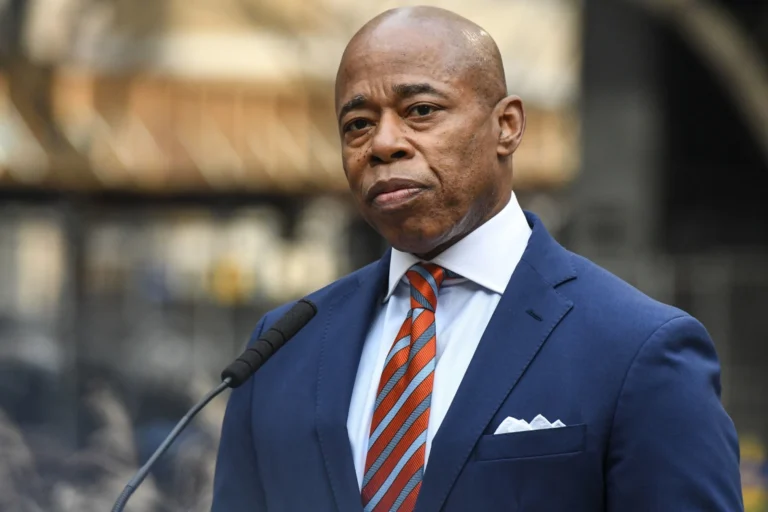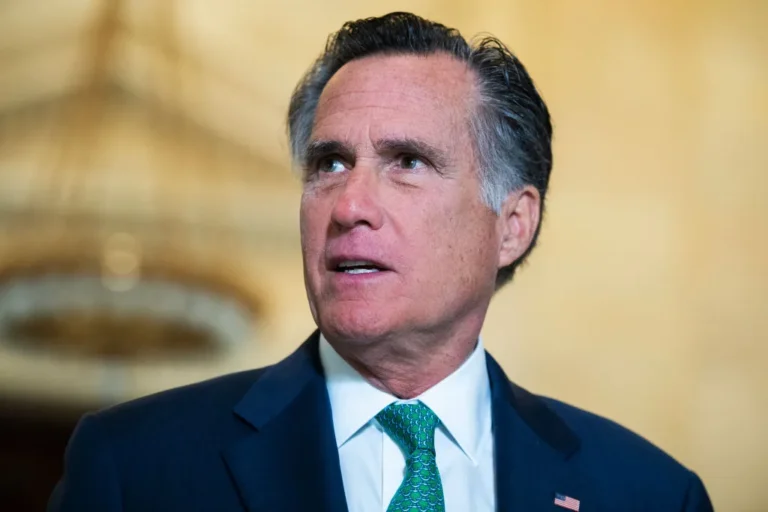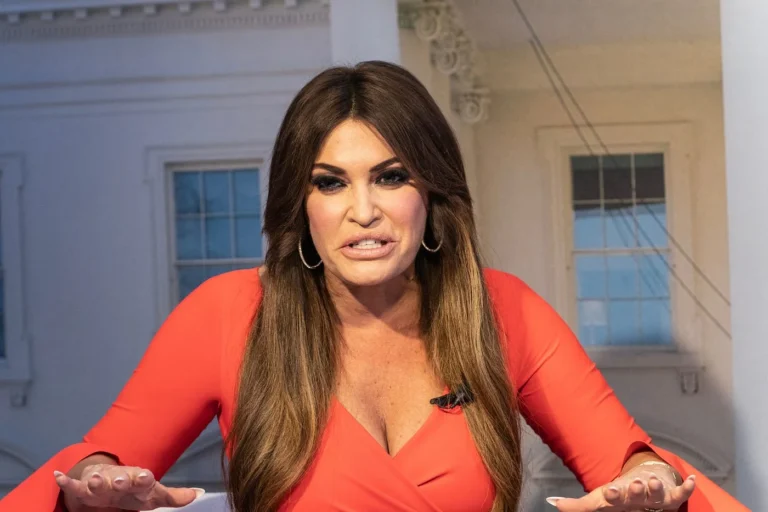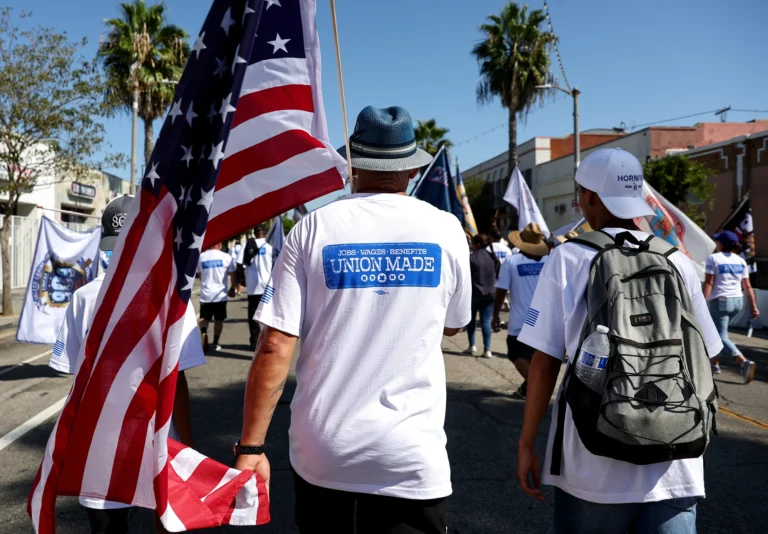Report Reveals ‘Imbalance’ in 2024 TV Coverage of Donald Trump vs. Kamala Harris
The 2024 U.S. presidential election has become a focal point for discussions around media bias, as a recent study by the Media Research Center (MRC) highlights an unprecedented disparity in the coverage of the two primary candidates, former President Donald Trump and Vice President Kamala Harris. This study, which monitored major networks like ABC, CBS, and NBC, shows that Harris has received 78% positive coverage, while Trump has endured 85% negative coverage. This marked contrast stands out even more when compared to the 2016 race, where media bias, though present, was not as lopsided. During that race, both Trump and his Democratic rival, Hillary Clinton, were subject to mostly negative coverage, with Trump receiving 91% negative airtime and Clinton facing 79% negative media portrayal.
The MRC report, covered by Fox News, arrives only a week before the November 5 elections and underscores what it calls “the most lopsided coverage in history.” Since July, Harris has benefitted from extensive positive attention across the mainstream networks, while Trump’s campaign has been predominantly depicted through a negative lens. MRC analysts reviewed over 600 segments that aired between late July, following President Biden’s withdrawal from the race, and October 25. The coverage analysis indicated that, collectively, ABC, CBS, and NBC allocated more than 200 minutes to Trump-related controversies, while often minimizing or omitting contentious issues connected to Harris. This trend, the report argues, reflects a significant media influence on the public’s perception of each candidate.
One particularly notable difference between the 2016 and 2024 elections has been the degree of airtime dedicated to each candidate’s controversies. Trump’s past campaigns have consistently faced scrutiny, but in the current election cycle, MRC argues that the networks have amplified the criticisms even further. Topics such as alleged controversies around Trump’s past business dealings and recent legal challenges have received extensive media attention. In contrast, Harris has seen minimal coverage of her controversies, including accusations of plagiarism and allegations involving her husband, Doug Emhoff. The MRC study emphasizes that even when Harris has been embroiled in controversies, media outlets have frequently opted to shift focus or provide limited exposure to these issues, especially when compared to the coverage allocated to Trump.
The initial phase of the 2024 election cycle was marked by considerable uncertainty. President Joe Biden was widely expected to run as the Democratic candidate until a poor debate performance against Trump in July triggered concerns among Democrats about his age and overall electability. Following his debate performance, Biden ultimately decided to step down from the race, endorsing his vice president, Kamala Harris, as the Democratic nominee. Harris rapidly garnered support within the party, securing her place on the ballot against Trump. With a political backdrop marked by upheaval, the MRC report illustrates how media coverage has consistently favored Harris since her nomination.
However, there was a subtle shift in tone following the September debate between Harris and Trump. Although coverage of Harris remained predominantly positive, analysts noted that the debate led to a modest increase in critical segments about her campaign. Despite this, the overall trend has stayed overwhelmingly positive for Harris. For Trump, on the other hand, the debate did little to alter the pattern of predominantly negative media portrayal, as he continued to face heightened scrutiny on various fronts.
The MRC report is not the only reflection of public sentiment around the election. Polls have shown a tight race, with recent data from a New York Times and Siena College poll revealing a dead heat between Harris and Trump, each receiving 48% of the popular vote. This tight margin underscores how divisive the race has become, with both candidates polarizing the electorate in unprecedented ways. Despite the disparities in media coverage, the close polling numbers suggest that voters remain deeply divided on the choice between Harris and Trump.
For Trump, this election marks an opportunity for a political comeback after a contentious exit from the White House in 2021. Trump’s supporters are hopeful that his return would restore policies and ideals associated with his previous administration, emphasizing issues like economic revitalization, stricter immigration policies, and “America First” initiatives. His critics, however, argue that his return would further polarize the country and potentially escalate existing political tensions.
Meanwhile, Harris is positioned to make history as the first female president of the United States if elected. Her campaign has emphasized progressive policy stances on healthcare, climate change, and social justice issues, resonating with the Democratic base, especially younger voters and minority groups. Her potential presidency also signifies continuity in Democratic leadership from the Biden administration, which may appeal to voters wary of Trump’s polarizing presence.
The intense focus on media bias in this election cycle has sparked discussions around the role of journalism in shaping public opinion and its impact on democratic processes. Critics of the MRC report argue that the portrayal may reflect each candidate’s recent actions, including Trump’s ongoing legal battles, which inherently attract media attention. Nonetheless, the study’s findings underscore a significant shift in media dynamics from past elections, raising questions about how media influences electoral outcomes and the extent to which news coverage may sway undecided voters.
As election day approaches, both candidates are making their final appeals to voters across key battleground states. Trump has doubled down on his promises to “restore America,” while Harris emphasizes a future of inclusivity and progressive reform. The unprecedented media bias reported by the MRC will likely continue to be a focal point of analysis even after the election concludes, as both parties examine the influence of media on one of the most consequential elections in recent U.S. history.
